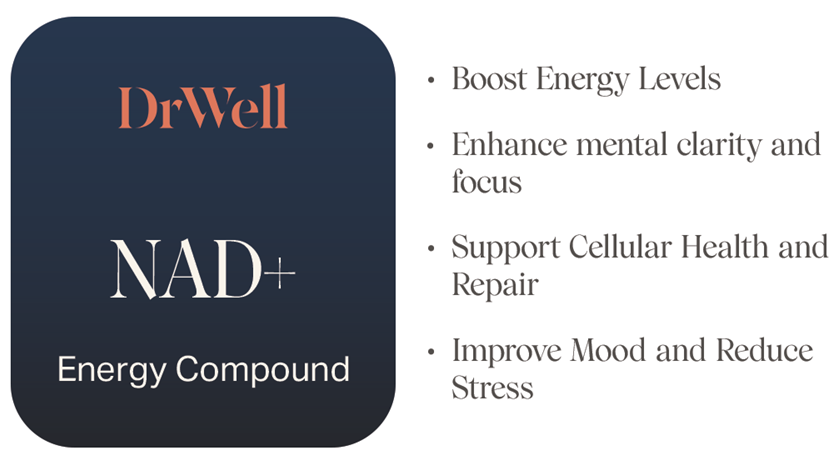
Implementation of the Affordable Care Act has more or less come and gone. But it’s interesting, regardless of what side of the “for” or “against” fence you’re on, there are misconceptions about what changed in the health care landscape and what stayed the same. Here’s a great article from NPR that highlights some of those myths.
For a great read, check out the article above but for a succinct reality check, read my comments below:
Myth #1: Before Obamacare we had a free-market health care system
Nope. The government has been footing the bill for health care to some extent since the 1940’s (building hospitals) and the 1960’s (Medicare and Medicaid). You only feel it more now because they’re paying a larger share of the bill. And when one holds the purse strings, they make their presence known.
Myth #2: I fully paid for Medicare through taxes deducted from my salary
According to the NPR article above, the Urban Institute found that the typical Medicare beneficiary will use twice as much in Medicare dollars than they ever paid in!
Myth #3: Premiums from my paycheck fund my company health plan
Not even close.
“For family coverage, which cost an average of $16,351 last year, the average worker paid only 29 percent of the premium. For individual coverage, workers paid only 18 percent of the (lower) total cost.”
Myth #4: Government and employers pay for almost all health care
Individuals and employees, between premiums and out-of-pocket expenses, still pay the largest share of the health care dollars.
“The household portion of the health-spending pie shrank from 37 percent in 1987 to 28 percent in 2012. But it’s still larger than the federal government’s 26 percent share or business’s 21 percent.”
Myth #5: The insurance company is always the bad guy
If you work for a big enough company, typically more than 500 employees, your company is the insurance company. Sure they may issue insurance cards with another insurance companies name on it but that insurance company is only handling the paperwork. The decision of what gets paid for and how much is paid ultimately comes back to the company, not the insurance agency acting as the administrator.



